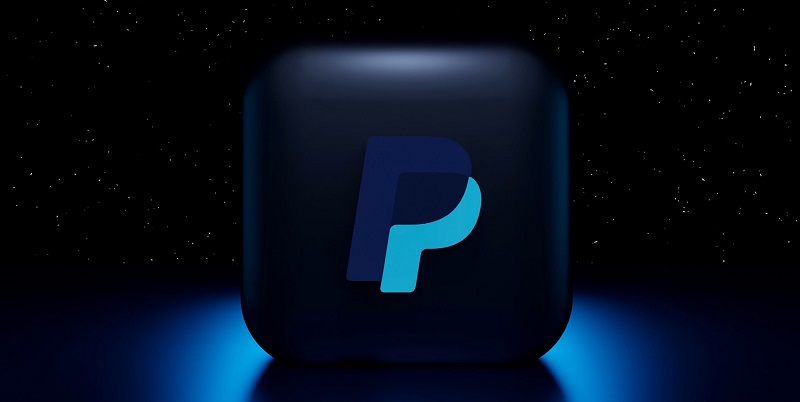With the recent announcement of PayPal’s integration of PYUSD, a stablecoin backed by the US dollar, the global payment giant has made a significant move that marks a turning point in history. This shift away from the traditional “crypto for crypto” mentality signals a new era in the blockchain industry, emphasizing the original promise of blockchain technology: the ability for people to exchange value directly, without the need for centralized intermediaries.
The Promise of Blockchain Technology
Blockchain technology has always promised a decentralized and transparent system that removes the need for intermediaries like banks. However, the industry has been dominated by a focus on cryptocurrency speculation rather than its original purpose. PYUSD brings us back to the core principles by providing users with the ability to exchange value directly, securely, and efficiently.
The Features of PYUSD on PayPal’s Platform
By integrating a blockchain-based stablecoin on its traditional platform, PayPal revolutionizes the way people transact globally. Now, users can effortlessly send PYUSD to anyone across the world, eliminating the hurdles associated with traditional currency conversions and transfer processes. This seamless integration of blockchain technology empowers users with greater control and convenience.
Addressing Concerns Regarding Trust and Stability
One of the major concerns in the cryptocurrency space has been trust and stability. However, with the launch of PYUSD, PayPal aims to alleviate these concerns by partnering with Paxos, a regulated financial institution specializing in stablecoins. Furthermore, PayPal adheres to the rigorous NYDFS standards for stablecoins, ensuring that PYUSD is backed by the US dollar and holds reserves to guarantee stability for its users.
Partnership and Adherence to Standards
Through its collaboration with Paxos and adherence to the NYDFS standard, PayPal provides a level of confidence that other builders and companies can now integrate PYUSD into their own systems. This partnership paves the way for wider adoption of stablecoins and highlights the potential of blockchain technology in the financial industry.
Stability and the Future of Stablecoins
The launch of PYUSD not only addresses concerns about trust and stability but also demonstrates that stablecoins can be created safely and with the same principles of fairness, consumer protection, and stability as the traditional financial system. This pivotal moment showcases the growth and maturity of stablecoins and their potential to reshape the future of finance.
PayPal’s Role as a Catalyst for Technological Advancements
PayPal’s entry into the blockchain space serves as a catalyst for positive technological advancements. By merging blockchain and finance on an unprecedented scale, PayPal positions itself as a web 2.5 company, leading the way in embracing the potential of blockchain technology within the financial sector. This bold move sets a precedent for other tech giants and financial institutions to explore the opportunities and benefits of blockchain integration.
The launch of PYUSD marks a significant moment in the future of finance, acknowledging the growing adoption of blockchain technology and the potential for faster, cheaper, and safer transactions. PayPal’s integration of PYUSD highlights the possibilities and advantages of stablecoins, providing users with a stable and trustworthy means of exchange. As stablecoins continue to gain traction, they are bound to play a central role in the future of finance, revolutionizing the way we transact and challenging traditional financial systems.

